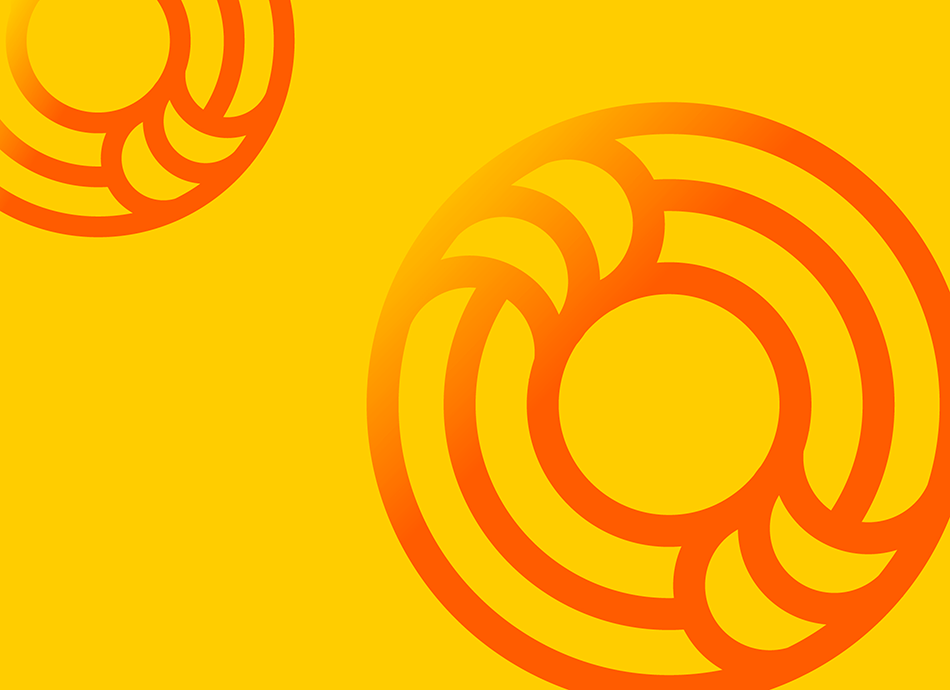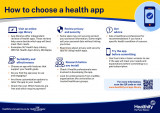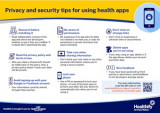Kidney disease apps
Kidney disease apps
- There are a variety of apps to support people with kidney disease.
- They can help you learn about kidney disease and better manage your condition by helping you keep track of your health, including your blood pressure, weight, fluid intake and medicines.

Kidney disease is any condition that affects the functioning of your kidneys. Chronic kidney disease (CKD) refers to kidney damage that generally can't be reversed. Diabetes and high blood pressure are the most common causes of CKD. When kidney disease is detected early, changes to your lifestyle and what you eat can slow down the progress of kidney failure and prevent serious consequences. Read more about kidney disease.
There are a variety of apps to support people with kidney disease. Depending on their features, they can help you:
- learn about kidney disease
- keep track of your signs and symptoms including weight, blood pressure and blood glucose
- set reminders for your medicines
- keep track of your sodium, potassium and protein intake.
Tips on how to use kidney disease apps safely
Do (✔)
- Use a kidney disease app under the supervision of your healthcare provider who can help you assess if the app is suitable for you.
- Use an app to keep track of your symptoms as part of your management plan.
- Use graphs and reporting for discussions with your healthcare provider.
- Be careful when reading information on discussion boards or group chat rooms. Some apps have interactive features where users can share their experiences. Be cautious, because in most cases these aren't monitored by a health professional so the advice or suggestions may not be safe or effective.
- Know when to seek help.
Don’t (✘)
- Don't rely on apps to make a diagnosis of your condition.
- Don't use treatments without first seeking medical and professional advice.
- Don't make changes to your medicines based on the recommendations from the app.
Before choosing an app, think about how it will benefit you and what you want it to be able to do.
- An app will only be helpful if you use it, so it needs to be something you like using and find easy to use.
- If you find the app difficult to use, or you don't like the imagery or look of it, or the language it uses, you may want to find another one that suits you better.
- For more guidance on how to choose health apps, see How to choose a health app.
| App | Features | Clinical review |
|
||
|
The impact of mobile health applications on the outcomes of patients with chronic kidney disease: a systematic review and meta-analysis.(external link) J Med Life. 2023 Sep;16(9):1299–1309
Patients' and Nephrologists' Evaluation of Patient-Facing Smartphone Apps for CKD(external link). Clin J Am Soc Nephrol. 2019 Mar 21.
Identifying Mobile Applications Aimed at Self-Management in People With Chronic Kidney Disease.(external link) Can J Kidney Health Dis. 2019 Mar 13;6:2054358119834283
|
Disclaimer: The NZ Health App Library is a free consumer service to help you decide whether a health app would be suitable for you. Our review process is independent. We have no relationship with the app developers or companies and no responsibility for the service they provide. This means that if you have an issue with one of the apps we have reviewed, you will need to contact the app developer or company directly. |
Factsheets – using health apps safely

How to choose a health app
Healthify He Puna Waiora, NZ

Privacy and security tips for using health apps
Healthify He Puna Waiora, NZ


